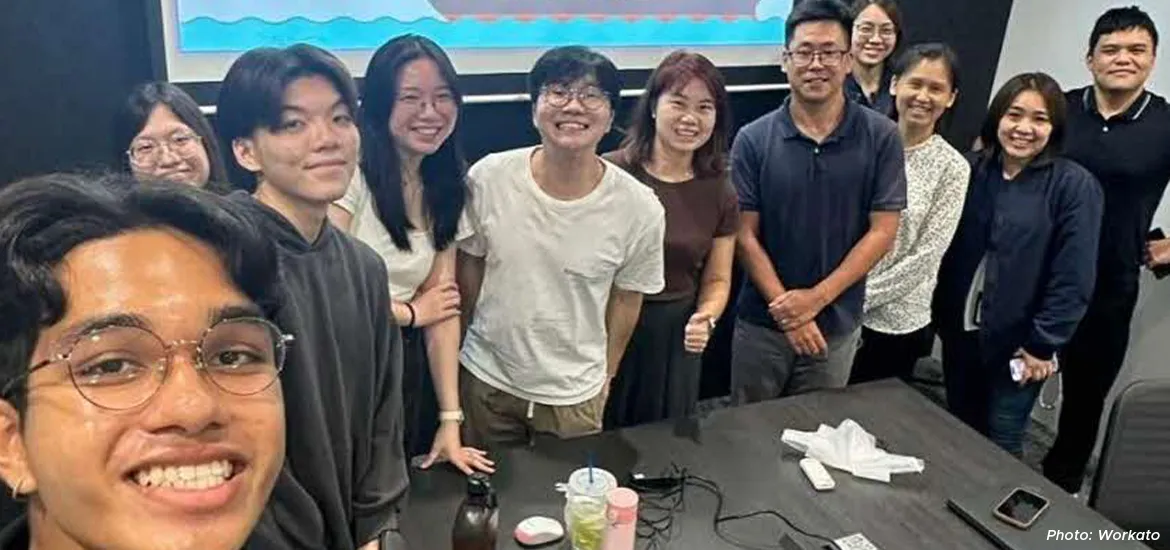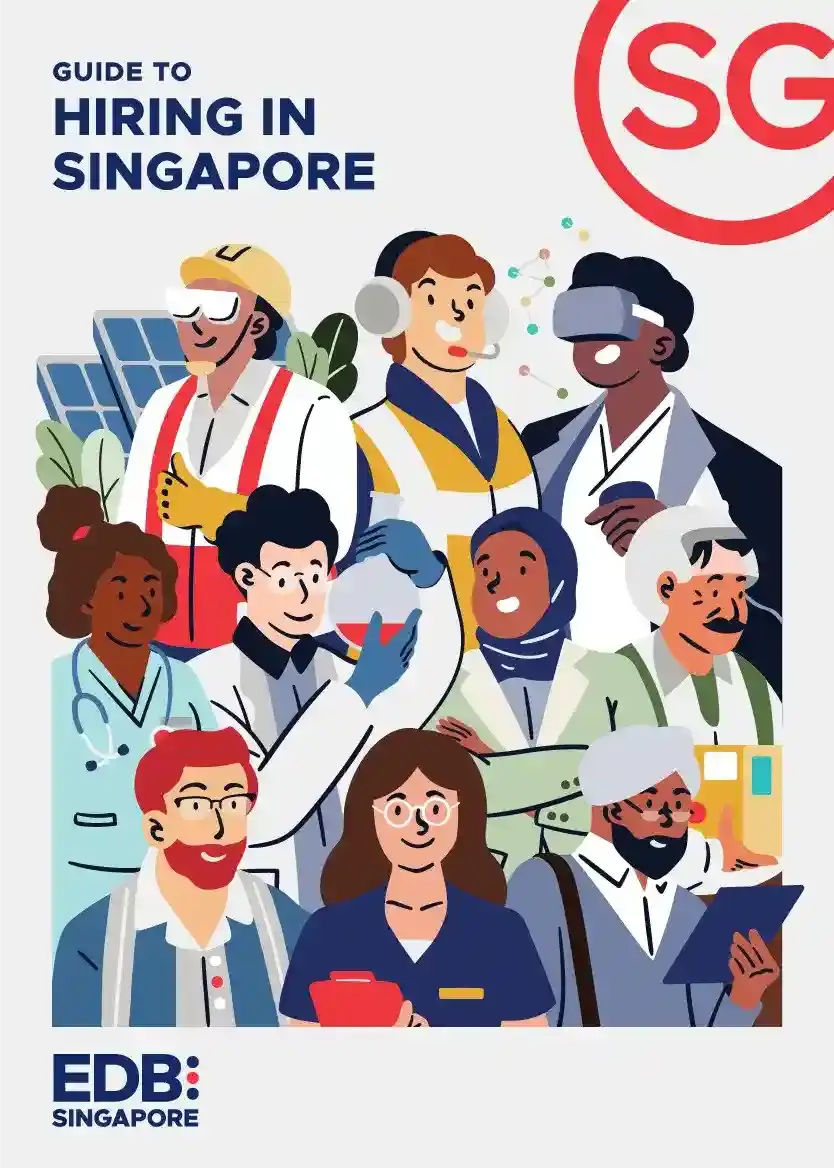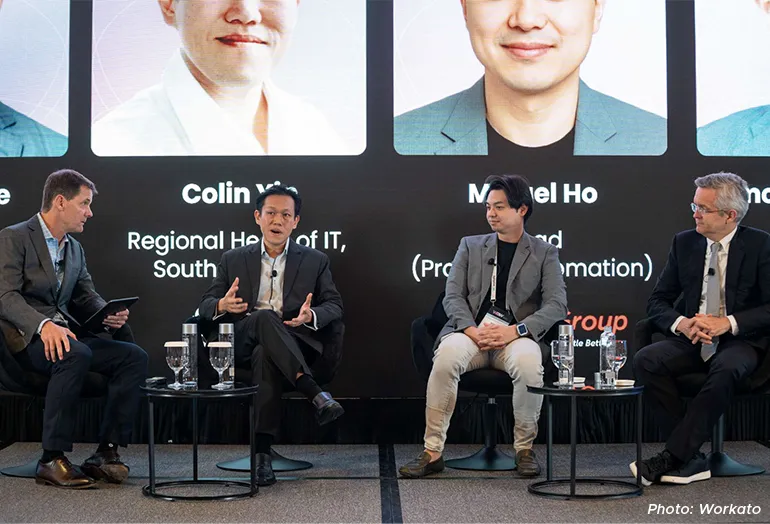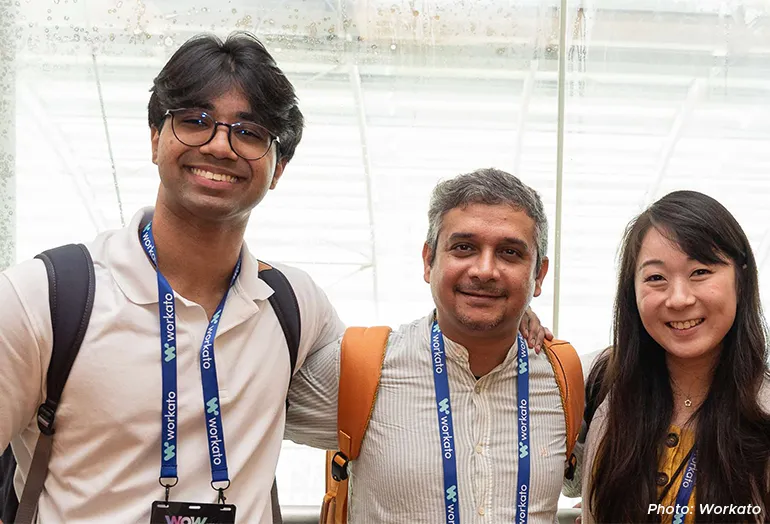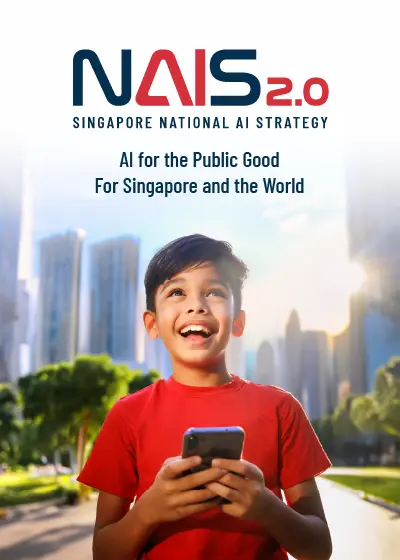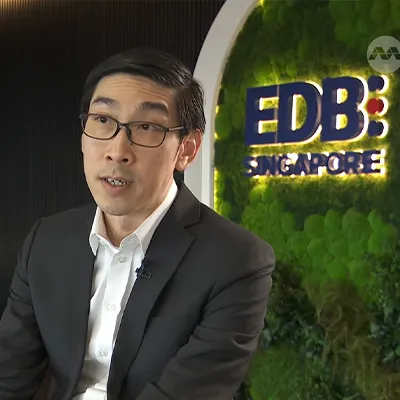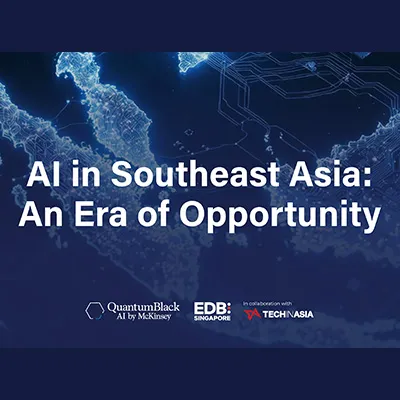For the last three years, enterprise orchestration platform Workato has been steadily growing Singapore’s artificial intelligence (AI) talent pool by providing training to polytechnic and university students.
On 22 Sept, Workato officially launched the AI Institute Alliance with seven institutes of higher learning: Nanyang Polytechnic, Ngee Ann Polytechnic, National University of Singapore, Republic Polytechnic, Singapore Polytechnic, Singapore University of Social Sciences, and Temasek Polytechnic.
It is the company’s first AI Institute Alliance in the countries it operates. Headquartered in Palo Alto in Silicon Valley, with offices in the US, the UK, Singapore, Japan, Australia, the Philippines, and India, Workato considered Singapore a “natural choice” for the AI education-enterprise initiative.
“Singapore’s leaders are really embracing AI and there is a focus on how to teach the younger generations how to use AI,” says Workato chief information officer, Carter Busse.
“What we’re doing here is bridging the gap between education and business by tapping into the talent here in Singapore, and by putting our powerful yet intuitive orchestration technology in the hands of students, we’ve seen some amazing creativity and magic happen.”
